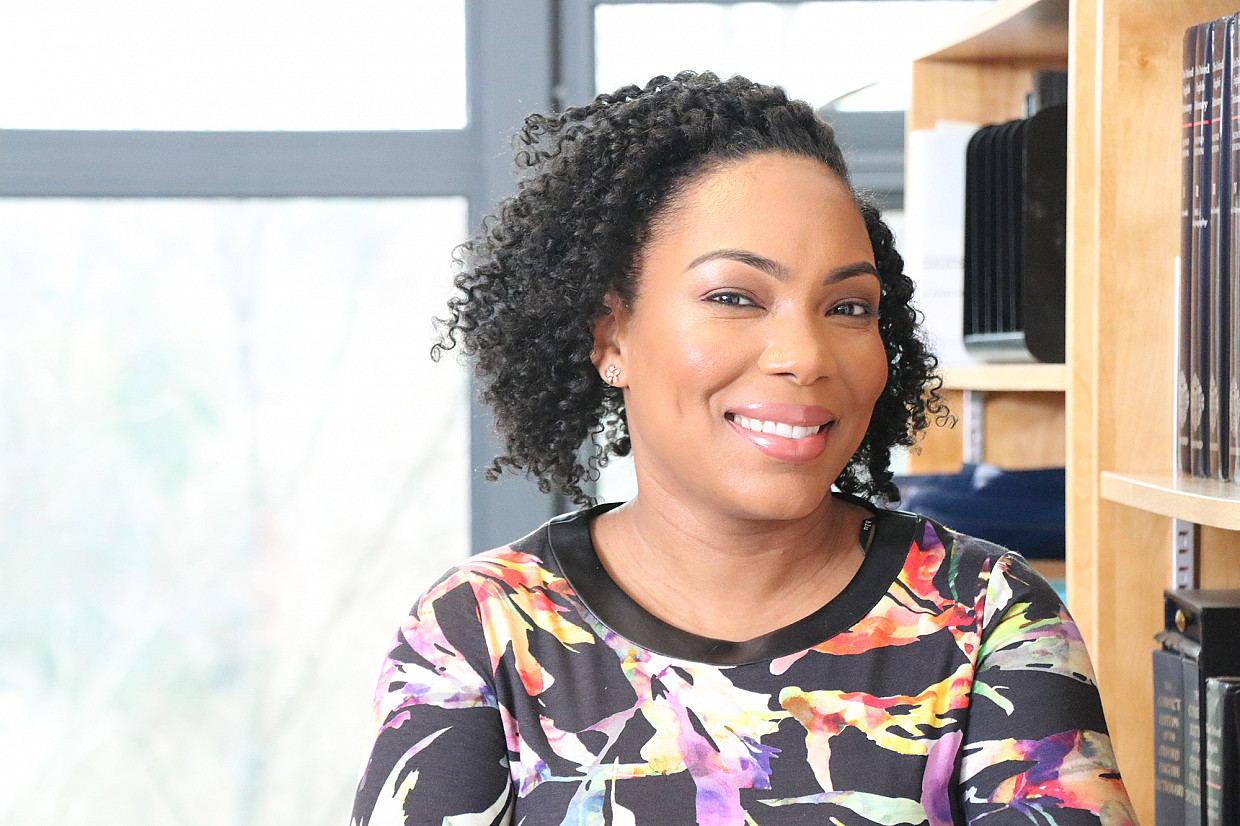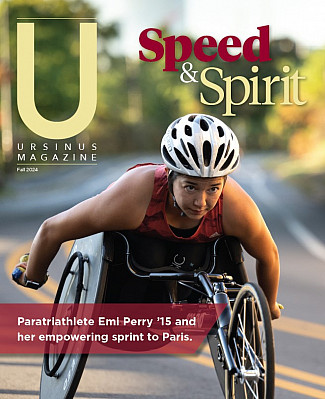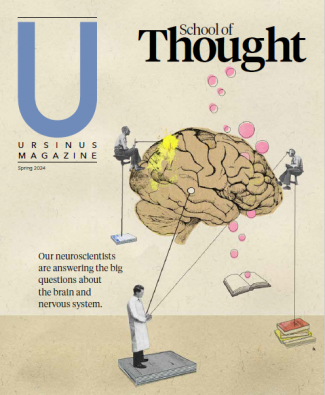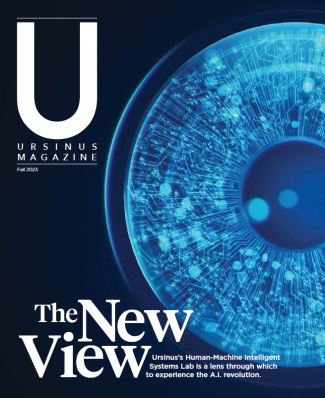
Getting to Know: Dr. Patricia Lott
An assistant professor of African American and Africana Studies, American Studies, and English, Lott is one of the Woodrow Wilson Foundation’s 32 Career Enhancement Fellows for 2019-20 and is working on a digital history project that examines race and equity at Ursinus. At the conclusion of the fall 2019 semester, she will unveil the digital project during a special campuswide event in celebration of the college’s sesquicentennial anniversary. She is also working on a book project about memory and slavery in the North.
If you could interview one person from history, who would it be and why?
The very first person who comes to mind is Harriet Wilson. She was a woman of African descent who was bound in New Hampshire. In 1859, she wrote a narrative called Our Nig, which is a fictionalized account of her experience. I first read it as an undergrad. I write about her and I think about her a lot. I have a lot of conversations with her in my head. After she was released, she went on to sell her own hair products—this was the 19th century—and she became a prominent Spiritualist. I’d like to talk to her about her experiences being bound, and her life as an entrepreneur. Her story has had such a profound impact on me.
You’re creating a digital archive of the history of race and equity at Ursinus. What have you learned through your research that surprised you, or that you found most interesting?
As early as the 1870s or 1880s, the Ursinus community was surveyed on whether or not Ursinus should admit black students to the school. The students voted yes in the majority. Also, Ursinus began admitting African American male students in the 1950s, but then there’s this big question here in the 1970s on whether or not we should admit black women. That’s something that I’m still curious about. Why was there a gender gap and what accounted for it?
I’m also interested in learning more about what happens after black women were admitted to the college and how it changed the dynamics of campus life here.
Why is it important to create a digital archive of history?
Archives and repositories hold traces of the past. When you digitize materials like that, you can make them available to a broader audience. It will be important to share this research so that not only current students can see it, but so that it has a broad reach for alumni, former faculty and staff, the local community and beyond. It’s Ursinus history and we want to put Ursinus on the digital map, so to speak, and get more people engaged in conversations about our history as it relates to contemporary issues.
What’s on your summer reading list?
It’s an Afrofuturist book by Rivers Solomon called An Unkindness of Ghosts. We talk in my classes about futurity and technology and race and gender. This book features characters who are transgender and nonbinary, which I haven’t seen as much in Afrofuturism before, so I was really drawn to it. I’m a few chapters in and I’d like to include it in one of my classes.
You taught a course about Afrofuturism, which is a major theme in Marvel’s Black Panther comic books and movies—and you even took the class to see the movie. In Black Panther, Wakandans use the fictional element vibranium to power their technology. What would you use it for?
Well, I am a professor, so I’d love to invent technology that could grade papers for me!



